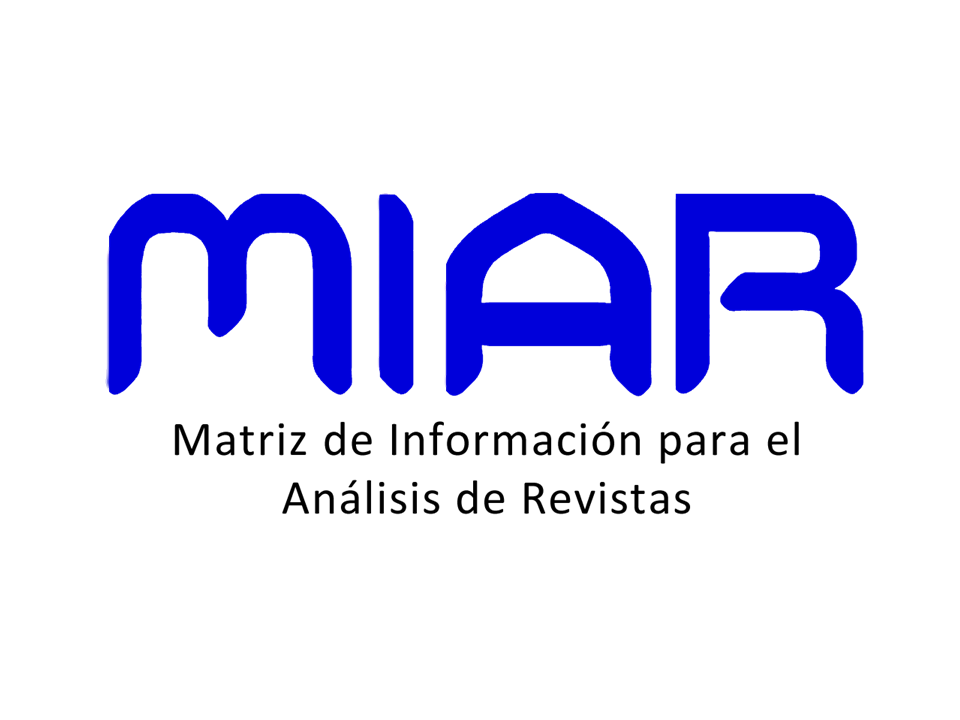O PORTUGUÊS BRASILEIRO EM GRAMÁTICAS DO FINAL DO SÉCULO XIX (1880-1890): UMA ANÁLISE DE DADOS SINTÁTICOS NO PERÍODO CIENTÍFICO
DOI:
https://doi.org/10.22478/ufpb.1983-9979.2020v15n1.52113Keywords:
Português Brasileiro, Gramáticas, Período científicoAbstract
The discussion about the existence of a Portuguese language from Brazil is not recent. With regard to Brazilian grammar, Cavaliere (2014) and Coelho et al. (2014) point to the appearance of the first syntactic data of Brazilian Portuguese in grammars produced in the so-called “scientific” period, between 1880 and 1920. Grammars of this period, such as Júlio Ribeiro (1881), João Ribeiro (1887), and Pacheco & Lameira, motivated by political, social and linguistic factors, already pointed to the existence of the particularities of the language of Brazilians in their works. Thus, this work aims to analyze how grammars produced in the first decade of the “scientific” period address the syntactic specificities of 19th century Brazilian Portuguese. To achieve this goal, the theoretical-methodological framework of Historiography of Linguistics will be used, based on the texts of Swiggers (2009; 2013) and Murray (1994), for the analysis of the grammars selected for this study. The results show that, despite a growing rhetoric in favor of language evolutionary processes and a greater appearance of the specificities of Brazilian Portuguese in the selected sources, the syntactic treatment given to such specificities is mostly prohibitive and from a perspective of inferiority to the prescribed and idealized Lusitanian norm.










